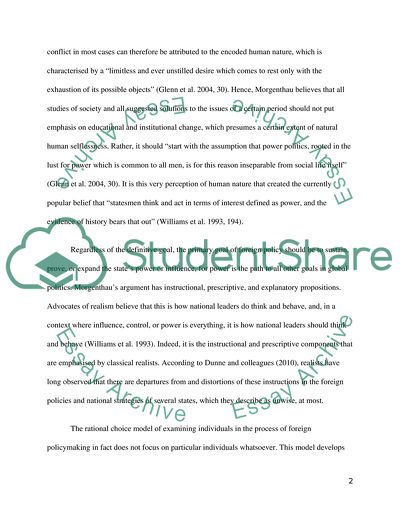Cite this document
(Analysing the Concept of National Interest Defined in Terms of Power Research Paper - 1, n.d.)
Analysing the Concept of National Interest Defined in Terms of Power Research Paper - 1. Retrieved from https://studentshare.org/politics/1780322-we-assume-that-statesmen-think-and-act-in-terms-of-interest-defined-as-power-and
Analysing the Concept of National Interest Defined in Terms of Power Research Paper - 1. Retrieved from https://studentshare.org/politics/1780322-we-assume-that-statesmen-think-and-act-in-terms-of-interest-defined-as-power-and
(Analysing the Concept of National Interest Defined in Terms of Power Research Paper - 1)
Analysing the Concept of National Interest Defined in Terms of Power Research Paper - 1. https://studentshare.org/politics/1780322-we-assume-that-statesmen-think-and-act-in-terms-of-interest-defined-as-power-and.
Analysing the Concept of National Interest Defined in Terms of Power Research Paper - 1. https://studentshare.org/politics/1780322-we-assume-that-statesmen-think-and-act-in-terms-of-interest-defined-as-power-and.
“Analysing the Concept of National Interest Defined in Terms of Power Research Paper - 1”, n.d. https://studentshare.org/politics/1780322-we-assume-that-statesmen-think-and-act-in-terms-of-interest-defined-as-power-and.


